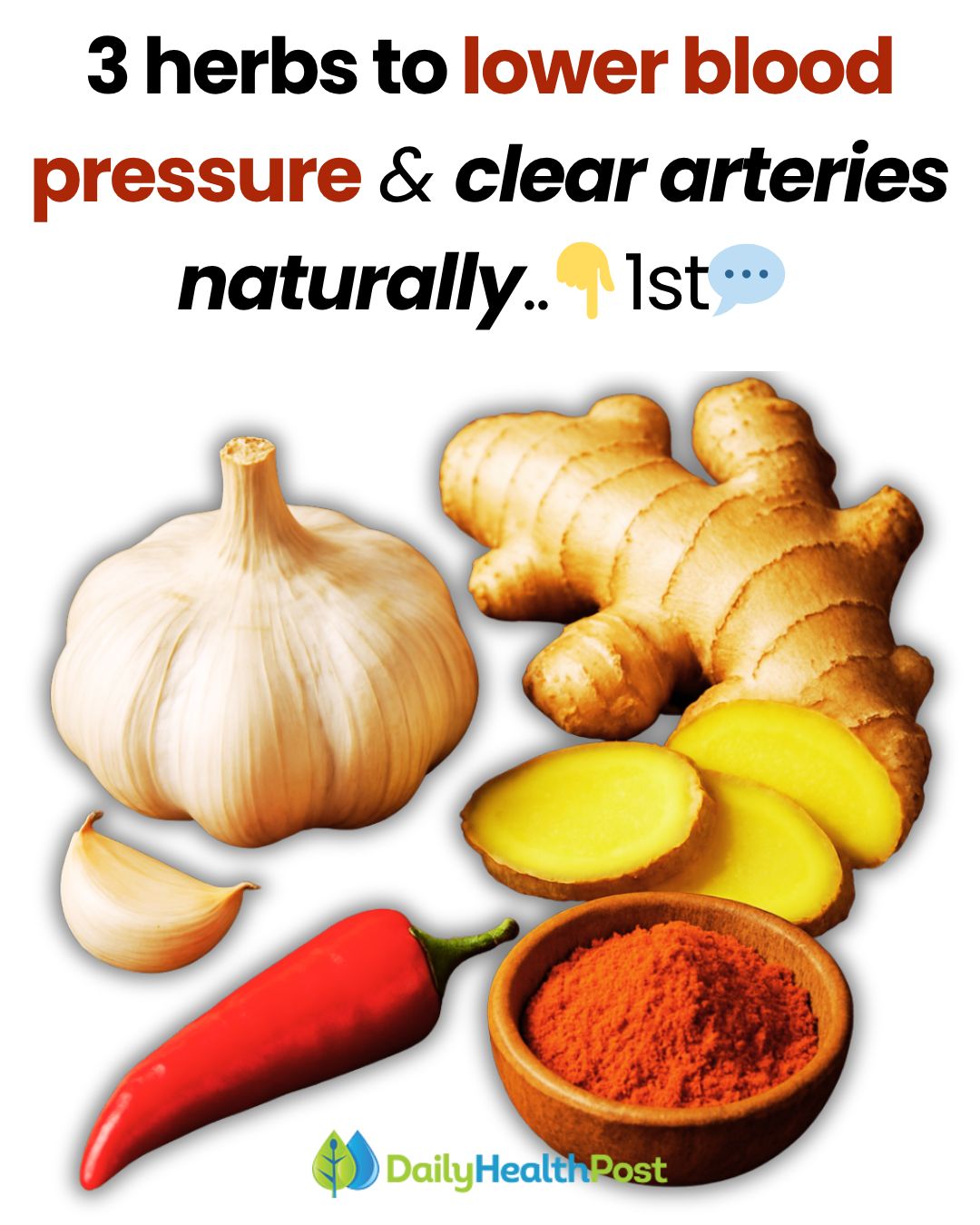When we say cayenne thins the blood, we mean it helps prevent dangerous clotting that can lead to heart attacks and strokes. Unlike pharmaceutical blood thinners that often come with risky side effects like excessive bleeding, cayenne provides this benefit naturally and safely. As a vasodilator, cayenne helps relax and widen blood vessels, improving circulation and reducing blood pressure. This is particularly important for people with hypertension or poor circulation.
Perhaps most impressively, cayenne actually strengthens the walls of your arteries. Over time, arteries can become damaged and clogged with plaque—a condition called atherosclerosis. Cayenne helps reinforce these vital passageways, making them more resilient. The herb is so effective that some natural health practitioners suggest it could be an alternative to bypass surgery in certain cases of clogged arteries.
Beyond its cardiovascular benefits, cayenne offers several other health advantages. It stimulates digestion by increasing gastric juices, which can improve nutrient absorption and relieve bloating. Many people find it helps with weight management by boosting metabolism and promoting fat burning. Topically, cayenne can relieve muscle and joint pain when used in creams or ointments because it increases blood flow to affected areas.
Incorporating cayenne into your routine is surprisingly easy. If you’re sensitive to spice, capsules are an excellent option—many practitioners recommend taking two capsules three times daily for cardiovascular support. For those who enjoy some heat, cayenne tea (just ¼ teaspoon in hot water with honey or lemon) makes a warming, circulation-boosting drink. You can also sprinkle it on foods like eggs, soups, or roasted vegetables, or add a pinch to smoothies for an extra metabolic kick. The key is to start with small amounts and gradually increase as your tolerance builds.
Garlic: The Ancient Heart Medicine
LOOK ATE THE NEXT PAGE
ADVERTISEMENT

